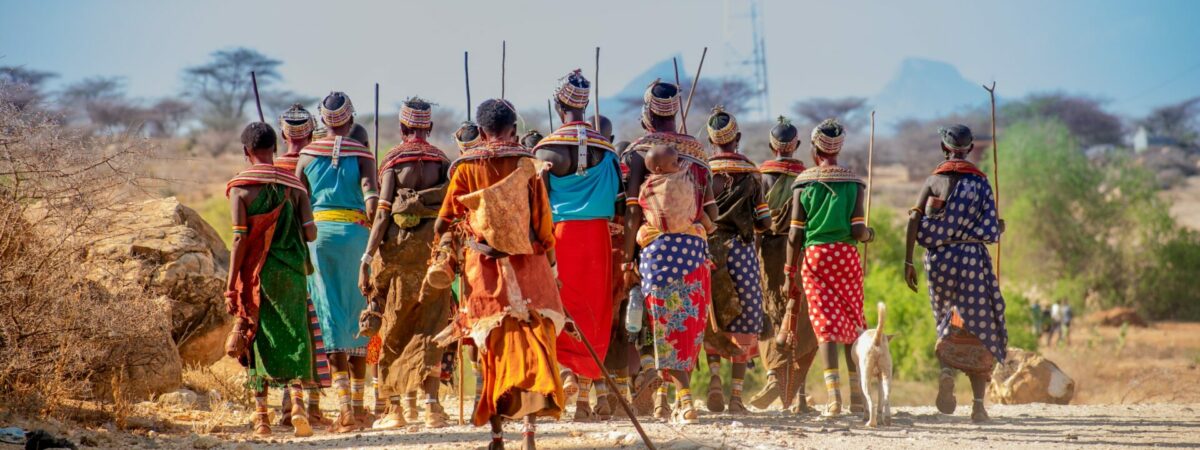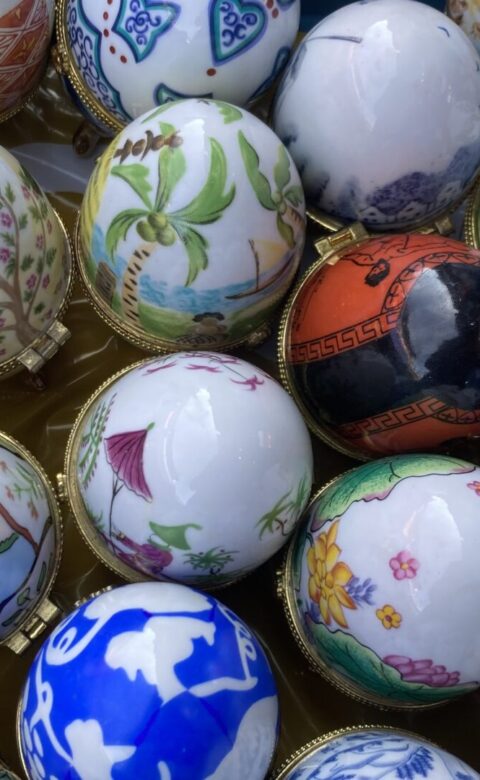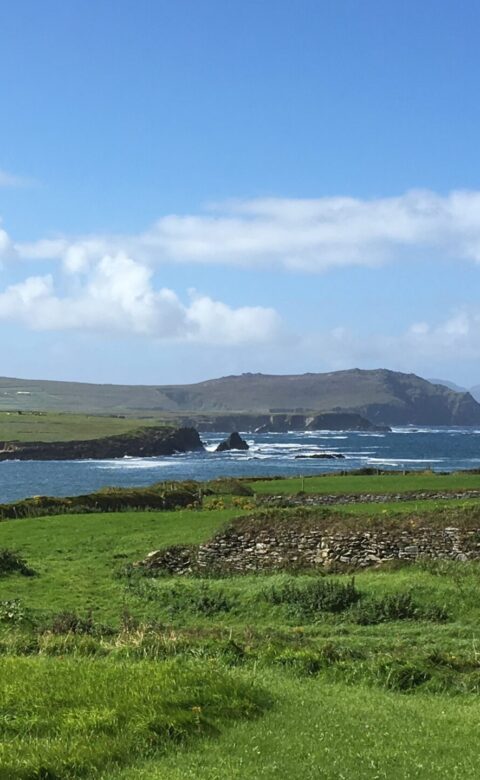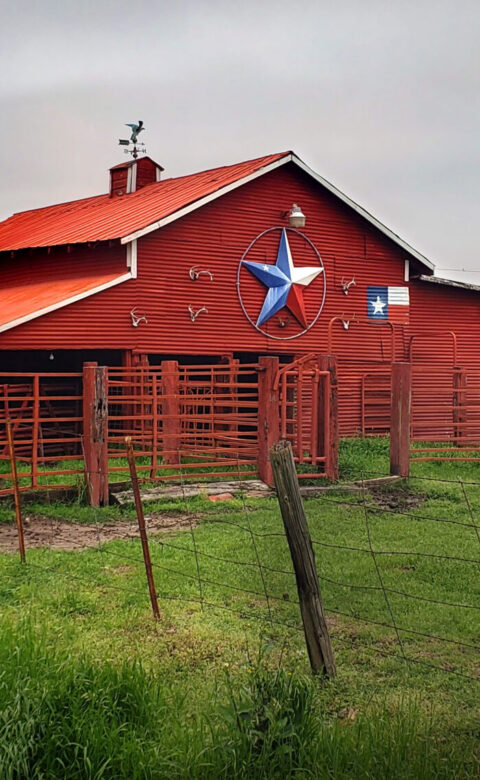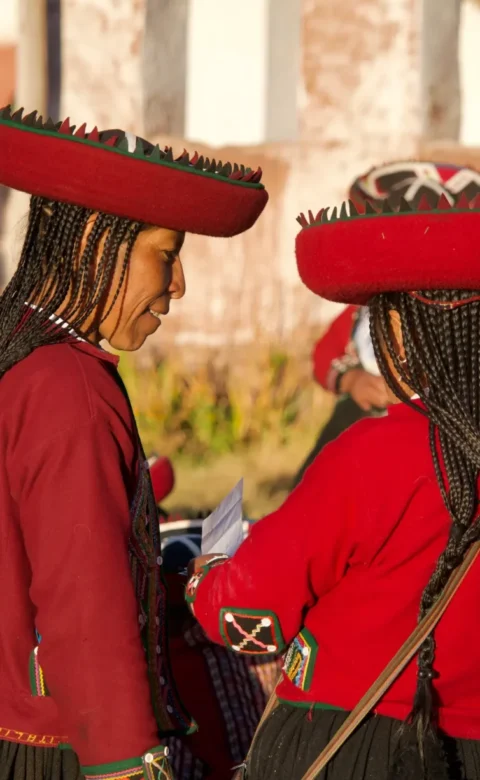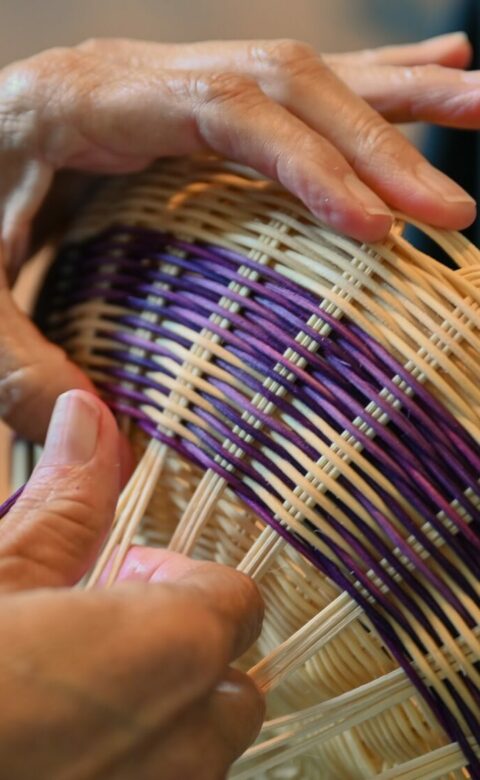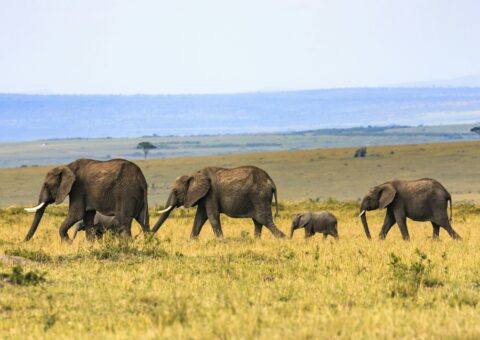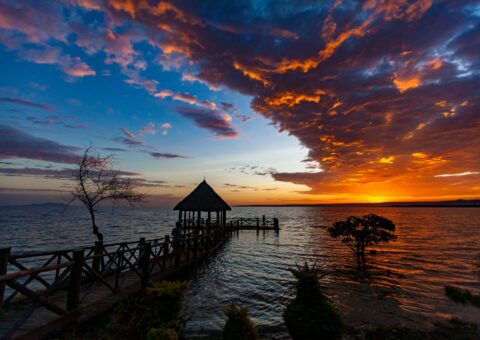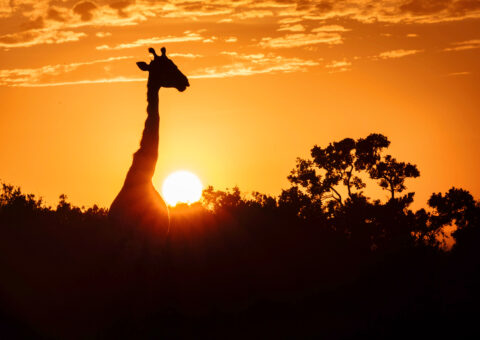Umoja Village, founded by Rebecca Lolosoli, is a female-led safe haven for homeless women, domestic abuse survivors, sexual assault victims, and young girls escaping child marriage and the cultural practice of FGM.
Rebecca Lolosoli was in the hospital recovering from a brutal beating when she decided to create a safe place where only women could reside. Her crime? Educating women in her village about their human rights.
In 1990, Lolosoli and 14 other women took the bold step to establish Umoja Village in Kenya’s Samburu County. Only women and their children are allowed to live there, and no men are allowed. The village’s full name is Umoja Uaso. The word “umoja” means “unity” in Kiswahili while Uaso Nyrio is the river nearby.
The village is female-led and has grown to include homeless women, domestic abuse survivors, sexual assault victims, and young girls escaping child marriage and the cultural practice of female genital mutilation (FGM). Many were thrown out of their communities for bringing shame to their families and, as a result, became outcasts.
According a 2015 article in The Guardian, there were 47 women and 200 children living in this village at the time of publication.
The majority of the women come from different parts of Samburu County. Members of the Samburu tribe are semi-nomadic pastoralists who practice polygamy and live in groups of five to 10 families. In this tribe, women and children are perceived to be forms of wealth. They are to be seen, not heard. Decision-making is left mostly to the men who are the tribe’s protectors while women’s roles are as caregivers and domestic laborers.
Unfortunately, a vicious gender war has played a large part in Umoja’s progression. “Men have always been against us,” Lolosoli says. “They’ve unsuccessfully filed cases against our village in court. Even my former husband attacked our village and threatened to kill me, but I did not give up.” Women’s safety has been a long-standing issue in Umoja Village due to the numerous threats that villagers have received over the years.
“Men have always hated our village. They have also unsuccessfully started their own ‘male-only village’ because they could not understand how we, as women, have thrived without men for such a long time,” Lolosoli says.
In this patriarchal society, it is considered taboo for women to own land, and less than two percent of Kenyan women own titled land. The village defied that cultural norm by applying to own the title deed of their land in 2019; in 2021 the county government of Samburu issued a title deed to Umoja villagers for grazing land. After an interview with Thomson Reuters, the local administrator, Henry Lenayasa said this feat was not only for Umoja villagers but all Samburu women.
Lolosoli explains the lengthy and turbulent 34-year journey it has taken for the village to reach stability. “We used to sell vegetables that we bought because we did not know how to farm. We were not farmers.”
After the vegetable venture failed, the village decided to sell traditional jewellery to tourists. “We have been helped by government bodies that understood the needs of our village,” Lolosoli says. “KWS [Kenya Wildlife Services] took us to Maasai Mara to learn about the craft business. The Ministry of Culture and Kenya’s Heritage and Social Service have also helped us greatly.”
The women earn a living by selling traditional Samburu jewelry at the Umoja Waso Women’s Cultural Center and running a commercial, 14-acre tourist campsite along the Uaso Nyiro River. The proceeds from these activities support this resilient and resourceful community of matriarchs — game changers in tourism and in life —and fund the Umoja Muehlbauer Academy. The school educates the children in a culture where approximately 73% of women and children are illiterate, according to a CNN article.
This patriarchal hierarchy, the harm women have suffered as a result, and the village’s efforts to provide a safe place to live and livelihood to women despite these hardships has garnered international attention. CNN, The Guardian, The Washington Post, and CNBC News have all covered Lolosoli’s journey and Umoja Village’s story.

